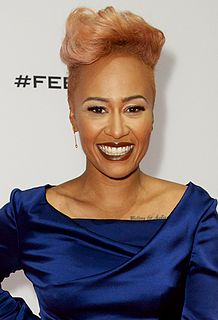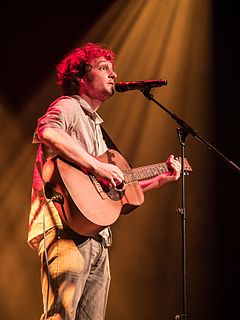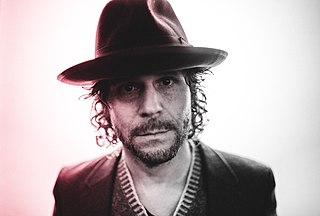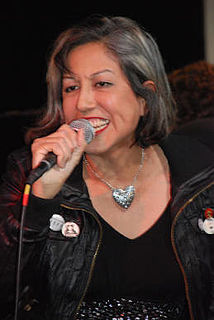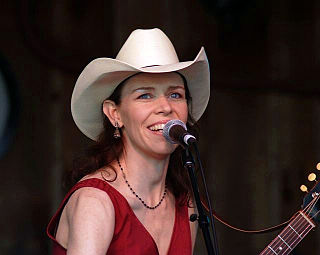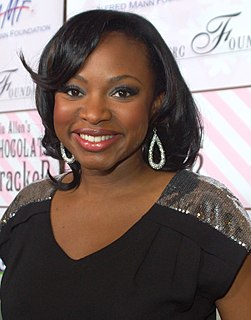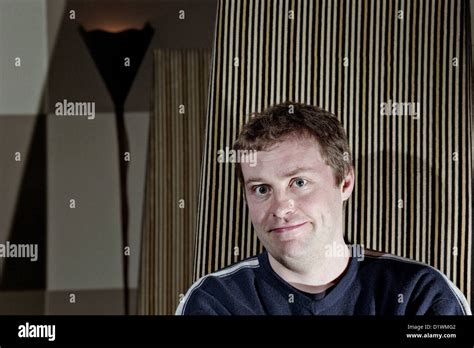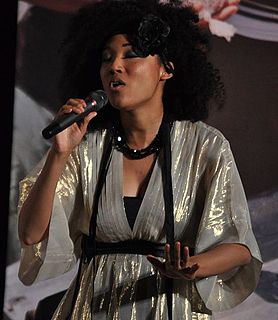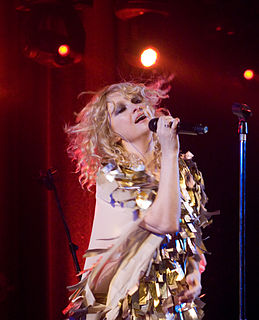A Quote by Emeli Sande
I was so shy and so quiet, and the only time I had my own voice and I could really connect with people was when I was singing or on stage.
Related Quotes
I had to come out on stage with my little staff and robe and I had this sun on top of my head that my mom made - that was the first time I was ever on stage singing in front of anybody. I realized that I was one of the best acts of the night but I didn't give singing much thought after that. I was really into playing baseball.
The whole thing of singing on my own has been accidental and random. I sang a huge amount as a kid, and I was a boy soprano. I didn't do that much classical music; I did a little bit. I had a lovely voice. And then when my voice dropped, I didn't worry about it consciously because I wasn't that invested in my singing at the time.
Geoffrey's personal style was very different from mine. He has a lovely speaking voice, a quiet speaking voice. But at Cabinet we always reported on foreign affairs - we always had this quiet voice. It was so quiet sometimes I had to say 'speak up'. And he gave it in a way which wasn't exactly scintillating. And you know, foreign affairs are interesting. They affect everything that happened to our own way of life, and they are exciting. And so we just diverged.
I was full of energy, and I had a lot of bottled up rage that would come out in my stage performances. It was therapy sessions for someone who couldn't afford to go to therapy, a way to release my frustration, my inhibition. When I was little, growing up in an abusive household, I felt like I didn't have a voice. Suddenly I was on stage and people were watching me and listening to me, so even if I was singing about something that didn't have to do with abuse, when I was on stage I could express all of the anger, the rage.
